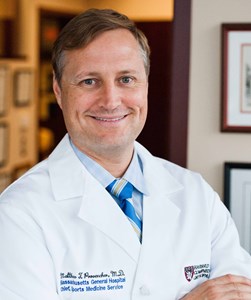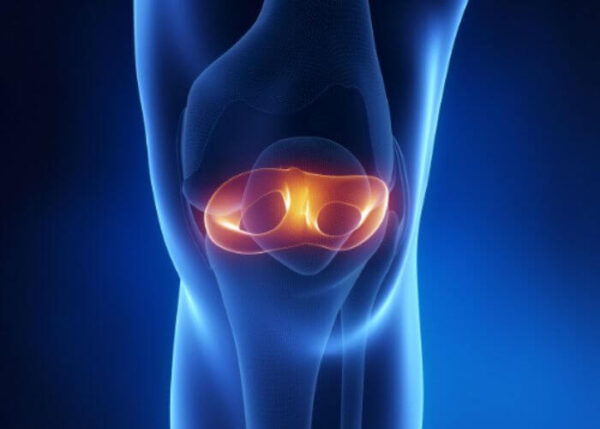Meniscus Transplant Surgeon

Have you had a previous meniscus surgery where all or a large portion of your meniscus was removed? Do you have a current injury so severe the meniscus cannot be saved? Younger, active individuals may be candidates for an alternative meniscus treatment, known as meniscal transplantation. Meniscus transplant surgeon, Dr. Matthew Provencher is highly experienced in performing surgical meniscus replacement for patients in Vail in order to eliminate or prolong the development of painful knee arthritis in young, active patients. Contact Dr. Provencher’s team today!
What is the Meniscus?
Menisci are crucial to knee stability and provide cushioning to the knee joint, as well as distribute weight and stress within the joint. The meniscus is located on the inside and outside of the knee and are “c” shaped cushions of cartilage. When a patient experiences a meniscus injury, they are at an elevated risk of developing knee arthritis or other degenerative condition. Cases of a meniscus injury that could lead to arthritis include a previous meniscus surgery where all or a large portion of the meniscus was removed or a current injury so severe the meniscus cannot be saved. Younger, active individuals with either of these conditions may not be ideal candidates for a typical knee replacement surgery, but they may be candidates for an alternative meniscus treatment, known as meniscal transplantation. Dr. Matthew Provencher, Vail, Aspen, Colorado Springs and Denver, Colorado area orthopedic knee surgeon, is highly experienced in performing surgical meniscus replacement in order to eliminate or prolong the development of painful knee arthritis in young, active patients.
The medial meniscus, located on the inside of the knee, absorbs approximately 50% of the knee’s medial impact when the knee is in extension. The lateral meniscus, located on the outside of the knee, absorbs approximately 70% of the knee’s impact on the lateral compartment in extension. Increasing to 85% and 90%, respectively, in knee flexion. Both structures help prevent knee osteoarthritis. If either of these structures become severely damaged or are removed, it is likely the knee’s articular cartilage will begin to deteriorate and lead to osteoarthritis.

What is a Meniscal Transplantation?
The overall goal of meniscal transplantation is to replace the meniscus cushion with donor cartilage before the articular cartilage sustains damage. Dr. Provencher must perform a standard physical examination to determine if a patient is an ideal candidate for a surgical meniscus replacement. During the examination, he will determine there is no or minimal knee arthritis present, a patient is missing more than half of the meniscus or a patient has a meniscus tear that cannot be repaired, as well as other necessary criteria for a successful procedure.
Dr. Provencher performs meniscal transplantation with an arthroscopic, minimally invasive approach. During the surgical procedure, he will transplant a meniscus from a cadaver donor, custom shaped to fit the patient’s native knee anatomy. Dr. Provencher utilizes strictly regulated meniscal tissue donor banks to provide meniscal allografts in order to rule out any possible contamination and ensure quality.
It is important to note that a surgical meniscus replacement is not a commonly performed surgery. It is critical to select an orthopedic knee surgeon, such as Dr. Provencher, who is highly trained and experienced in performing this procedure to help guarantee a successful recovery and outcome.
What is the Recovery Following Meniscal Transplantation?
Following a meniscus replacement procedure, patients will begin a strict physical therapy program prescribed by Dr. Provencher. It is strongly suggested that patients work with the in-house physical therapists at Howard Head Sports Medicine to optimize their rehabilitation. In most cases, a patient is required to wear a brace for six weeks and is allowed full weight bearing when the brace in in place. The brace will be removed or unlocked during all non-weight bearing activities. A full return to athletic activities is determined by Dr. Provencher on a case-by-case basis.
For more resources on meniscal transplantation, or to determine if you are a candidate for a surgical meniscus replacement, please contact Dr. Matthew Provencher, orthopedic knee surgeon serving patients in the Vail, Aspen, Colorado Springs and Denver, Colorado area.